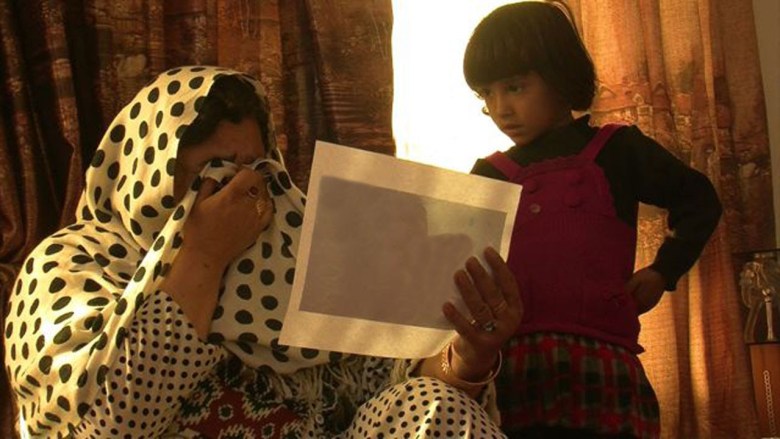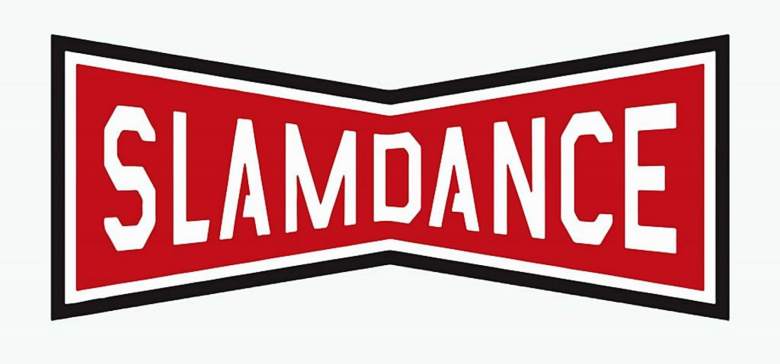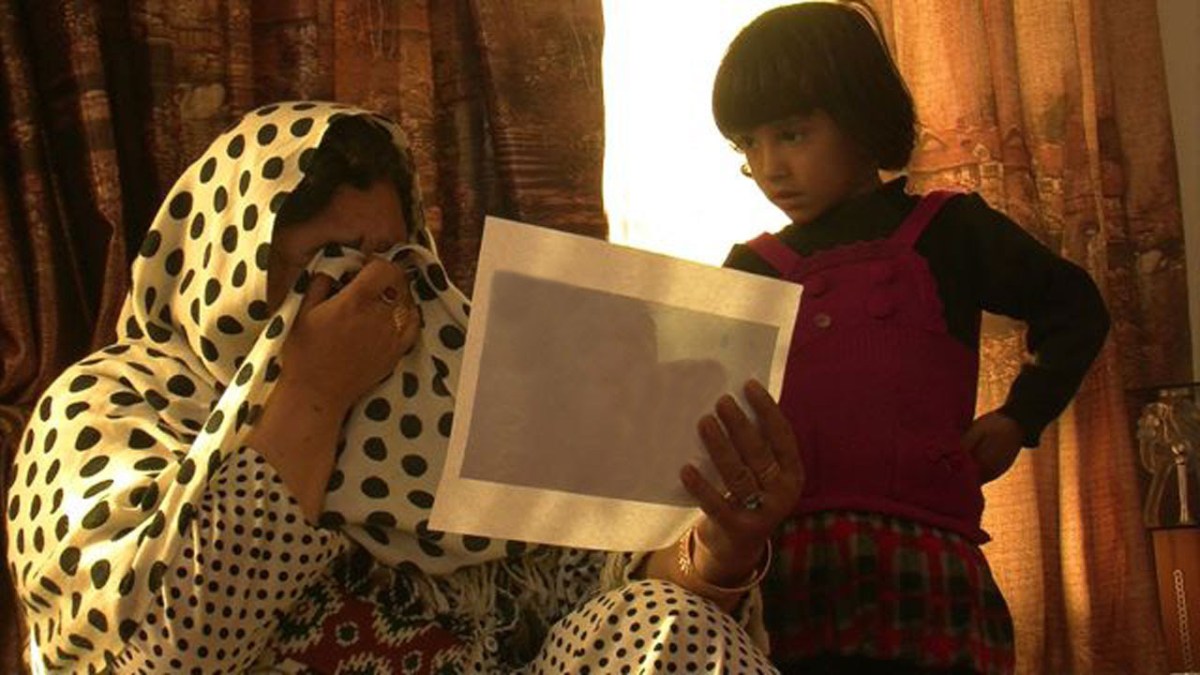
The 30th edition of the Slamdance Film Festival opens with a bang Friday with Carol Dysinger’s new documentary, “One Bullet.”
The film centers around a friendship between an Academy Award-winning filmmaker who was documenting the Afghan War, and an Afghan woman whose civilian teenage son was struck by a random bullet that paralyzed and eventually killed him in front of his home.
Slamdance Co-founder and President Peter Baxter said the film was selected to open the festival because of its potential impact on the filmmaking culture.
“It represents the edge of filmmaking of what is to come,” he said. “We got the opportunity to look at this work from many submissions coming from all kinds of filmmakers from around the world, and we get to recognize it as part of the Slamdance program.”
Carol Dysinger, who has spent 15 years as a filmmaker going back and forth from the United States and Afghanistan, is overwhelmed with emotions knowing that her film will set the tone for this year’s festival.
“It’s a wonderful feeling,” she said. “I am very honored that I’m opening the youngest-minded film festival on record, and that a younger generation, a group of awake people, really saw what I was doing.”
“One Bullet” actually starts with Dysinger’s 2010 “Camp Victory, Afghanistan,” her documentary that examined the true story of the United State’s exit strategy from the Afghan War.
It was then she briefly met Bibi Hajji, whose son Fahim was hospitalized with a bullet wound that had left him paralyzed.
“I wandered into a room with the colonel I was following for ‘Camp Victory,’ and that’s where Fahim was,” she said. “I met his mother briefly. That was outside of the hospital, and she was in a burka. But I remember connecting with her.”
The images of Fahim haunted Dysinger even after she returned to the United States.
“I had this footage of Fahim, so I went back to look for him,” she said. “When I finally found the family, they invited me in and when I sat down, I learned that he was dead.”
The news struck Dysinger who resolved herself to tell Fahim’s story.
“I charged in as a filmmaker who wanted to do justice, the self-appointed sheriff and American, to right this wrong,” she said.
Hajji, however, convinced Dysinger that those intentions, while good, weren’t practical.
“She patiently told me over and over that I didn’t have that power,” Dysinger said.
The filmmaker decided to still document the family’s response to what happened to Fahim, but changed her tune in the editing process, which was done by Steen Johannessen, a Danish editor and co-director of the Academy Award nominated documentary “Last Men in Aleppo,” which was the Sundance Grand Jury prize winner in 2017.
“Steen was the one who made me see that the underline story of the film is about the way women of a certain age look at each other and connect,” Dysinger said. “I think that’s what happened to us. We are the same age. We buried our mothers, and we’ve taken care of people. We have also been relied upon to carry pains that many people don’t consider a burden. And I realized the most honest exchange of the film was between me and Bibi. And what I realized was there was absolutely no way I could disappear with this footage.”

While it was a challenge for Dysinger to put away footage of soldiers in the mountains, and focus on two women from other sides of the world eating together, she did it. And that became “One Bullet.”
“That’s what my access, time and patience rendered,” she said. “It became a movie about this engagement from the eyes of the people who it affects most. And it also rendered my friendship with her.”
The friendship served as an incentive to not show Hajji as a victim.
“When I was making ‘One Bullet’ I was going through footage from 2006 on, and I decided to make a film about the war from the viewpoint of sitting on a rug in a room with Bibi,” Dysinger said. “The story is about having a family ripped apart at the moment.”
The film hit a mark when Dysinger screened it in New Zealand.
“A lot of Afghans came who had settled in the area came to the screening, and this one girl stood up and said, ‘Thank you so much for showing our real life,'” she said.
During the conversation, a New Zealander stood up and said, “But her son died,” and the girl turned to him and said, “Sir, we all have this story,” Dysinger said.
“They all do, no matter if it was the Taliban, the Russians or the Haqqani Network,” she said. “Civilian casualties are what keeps war going. People’s hearts break, and they can’t forgive. They can’t rebuild. It’s like a horrifying echo chamber.”
Dysinger has seen this throughout her life.
“I’m old enough to remember the Vietnam War, and remember growing up in Maryland where a lot of my neighbors and guys who worked at the gas station went to fight,” she said. “Some came back, but not all of them.”
She also remembers watching the late CBS Evening News anchor Walter Cronkite report on the Vietnam War.
“There was always a number of dead North Vietnamese that flashed over his shoulder,” she said. “Now, here we are again, but we’re not counting enemy dead. We’re counting civilian dead.”
More than anything, Dysinger hopes people will see “One Bullet.”
“I’m nervous some won’t because things are so ignitable now,” she said. “Underneath it all there is also a division and a certain amount of misogyny aimed at older women who aren’t apologetic. And I just want to do Bibi Hajji justice.”

